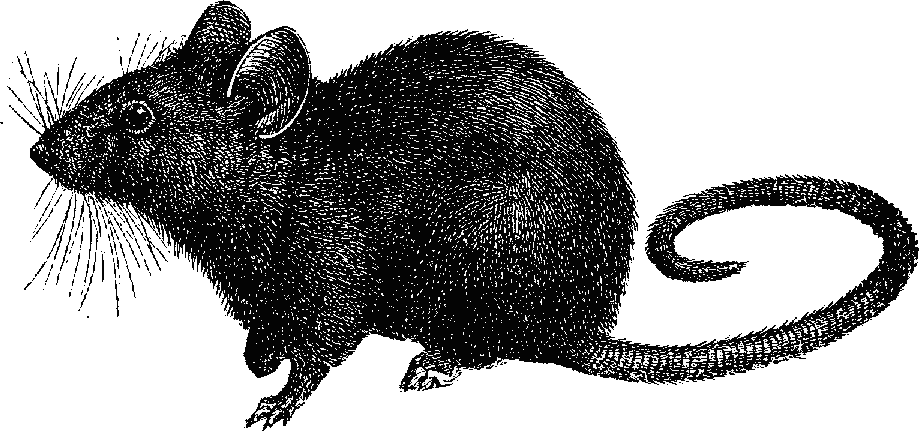Peter Philbrook puts Snitching by Alexandra Natapoff on top of his list at bn.com, The Best of 2009: Bookseller’s Choice.

It’s certainly not a shattering insight, and one that must have occurred to anyone devoted to crime fiction and film noir. But recently running an imaginary inventory of the crime novels I have read and the films I have watched, it occurred to me that all the fancy police work and investigation depicted was a matter of running down informers and, at least in the old days, perfecting very unscientific techniques such as smashing a pair of phone books against the sides of someone’s head. I counterpoise that to very popular series like CSI and books based on sophisticated forensic science, which have always been a subgenre of mystery writing. Well, I had the question, and in this very serendipitous (for me) year in books I found the fascinating book Snitching, which is hot off the press. Of course the rat, the grass, the informer have always been among us, and Alexandra Natapoff makes clear that informers are a vital part of any justice system, especially in the pursuit of organized and white-collar crime. Her concern is to show how pervasive, and growing, the system really is, and to document its proneness to overuse, inherent corruption, evasion of standard rules of evidence, and lack of oversight. She shows how the most serious criminals often go free and are never tried, and how poor communities are divided and demoralized when snitching pervades local drug markets involving low-level dealers and users — not to mention much outright falsehood and manufacturing of evidence, especially in prisons. It’s a truly eye-opening book and a fascinating look at how much police work depends on a system no one wants to talk about, as ironic as that may be. I can’t imagine anyone devoted to police procedurals wouldn’t find it engrossing — and not a hair follicle stuck in a window with a DNA map in sight.
